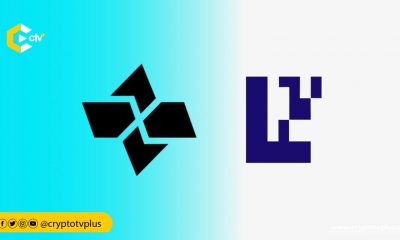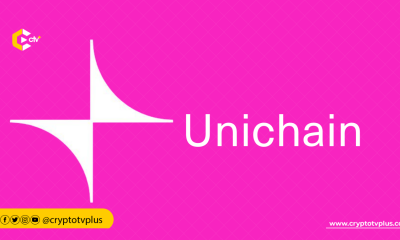News
Best way to distribute airdrop tokens? Uniswap CEO discusses fairness

The concept of fair token distribution is a hot topic in the cryptocurrency industry, with concerns about transparency and inclusivity sparking debate with Uniswap CEO, making a statement.
Hayden Adams, who founded and leads Uniswap, shared his views on the ethics of proper token distribution, addressing the issues of transparency and fairness surrounding token distribution in EigenLayer.
In a post on X, Adams stressed that he was talking about tokens, not points wherein he criticized the practice of creating hype and confusion around token distribution to increase engagement metrics artificially.
Users who felt excluded from the EigenLayer airdrop reacted angrily to the restocking protocol’s Monday announcement, pointing out its nontransferable token structure, strict geographic restrictions, and seemingly brief snapshot period.
The project’s tokenomics indicates that the community will receive 45% of the 1.67 billion coins, with a third designated for airdrops to staking participants.
The main issue that users raised concerned the holding conditions—after the $EIGEN stamp, they cannot move the coins, and only 5% of the holdings can be released monthly.
The platform’s team excluded users from the USA, Canada, India, China, and several other countries from participating in the distribution, warning that using VPN services could lead to being blocked.
Before no geographic restrictions existed for restocking Ethereum, so this new policy infuriated many users who had staked their ETH in EigenLayer.
The Uniswap executive vehemently opposes low float tokens, seeing them as harmful and describing them as his top annoyance.
He believes that projects can successfully distribute tokens without depending on exchanges or market makers. According to him, the best method is to distribute tokens transparently, allowing for true price discovery on decentralized exchanges
Adams also condemned the tactic of inflating token supply to capitalize on people’s unit bias, asserting that this method is not needed.
Additionally, Adams cautioned token distributors against being overly conservative and encouraged them to make a large portion of their tokens available for distribution.
On May 3, LayerZero announced on X that Sybil airdrop farmers should self-report by May 17 to keep 15% of their intended token allocation; otherwise, they face an 85% reduction. This policy aims to combat Sybil activity, where users create multiple addresses to claim larger airdrop shares.
The move has sparked considerable controversy, with many arguing that it could threaten the ideals of decentralization and permissionless interaction that are central to the crypto community.
Adams warned about the risks of insufficient token distribution and stressed the importance of not disclosing token prices during or before distribution. He mentioned that any effort to do so, whether via influencers or marketing agencies, would cast doubt on the project’s integrity.
Adams indicated that this approach implies that the issuer is more interested in quick profits than in building real value. He urged token issuers and distributors to adopt a straightforward distribution process, reflecting the concerns raised by recent rug pulls in the industry.
Finally, the Uniswap executive advised token issuers to approach their projects with care and transparency. He stressed the need to release a token they can be proud of and fully support to avoid being criticized by the crypto community.
EigenLayer, an Ethereum staking protocol, issued an extra 28 million EIGEN tokens to over 280,000 wallets in response to user complaints about the limitations in its original airdrop.

























Pingback: Mentos wants to drive adoption via stablecoins. But how & why? | CryptoTvplus - The Leading Blockchain Media Firm
Pingback: Token Distribution in Cryptocurrency: Transparency and Inclusivity - bitspuls.com